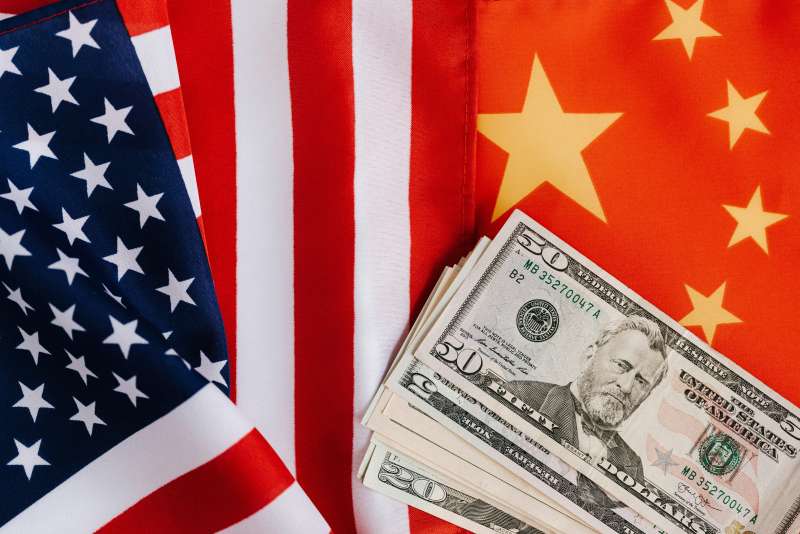How Inflation Affects Global Economies
Published on: April 24, 2025
Inflation, defined as the rate at which the general level of prices for goods and services rises, eroding purchasing power, is a critical economic indicator that influences global economies. Its impact extends beyond domestic borders, affecting international trade, investment decisions, and monetary policies worldwide.
Understanding Inflation
At its core, inflation reflects the decrease in the purchasing power of a currency. When prices rise, each unit of currency buys fewer goods and services. Central banks monitor inflation closely, aiming to maintain it within target ranges to ensure economic stability.
Causes of Inflation
- Demand-Pull Inflation: Occurs when demand for goods and services exceeds supply, leading to higher prices.
- Cost-Push Inflation: Results from increased costs of production, such as wages and raw materials, which producers pass on to consumers.
- Built-In Inflation: Stemming from adaptive expectations, where workers demand higher wages to keep up with cost of living, leading to a wage-price spiral.
Globalization and Inflation
Globalization has interconnected economies, making inflation a shared concern. Supply chain disruptions, commodity price fluctuations, and international trade policies can transmit inflationary pressures across borders. For instance, a surge in oil prices can lead to increased transportation costs globally, affecting the prices of goods and services in multiple countries.
Impact on Financial Markets
Inflation influences financial markets in several ways:
- Interest Rates: Central banks may raise interest rates to combat high inflation, affecting borrowing costs and investment returns.
- Stock Markets: Higher inflation can lead to increased volatility, as companies face higher input costs and consumers' purchasing power declines.
- Bond Markets: Inflation erodes the real returns on fixed-income investments, leading to adjustments in bond yields.
Central Bank Responses
Central banks play a pivotal role in managing inflation through monetary policy tools:
- Interest Rate Adjustments: Raising rates can help cool down an overheating economy, while lowering rates can stimulate spending during deflationary periods.
- Open Market Operations: Buying or selling government securities to influence money supply and liquidity.
- Reserve Requirements: Altering the amount of funds banks must hold in reserve, impacting their lending capacity.
Case Studies
United States: In recent years, the U.S. has experienced varying inflation rates due to factors like fiscal stimulus, supply chain issues, and labor market dynamics. The Federal Reserve's policy decisions, including interest rate hikes, aim to stabilize inflation within target levels.
European Union: The European Central Bank faces challenges in balancing inflation control with economic growth, especially amid diverse economic conditions across member states.
Inflation in Emerging Markets
Emerging economies often grapple with higher inflation rates due to factors like currency volatility, reliance on imports, and less diversified economic structures. Inflation can exacerbate poverty and hinder development efforts in these regions.
Inflation's impact on global economies is multifaceted, influencing purchasing power, investment decisions, and policy-making. Understanding its causes and effects is crucial for stakeholders to navigate the complex economic landscape effectively.
References
- US business activity moderates in April; firms demand higher prices for their products
- Trump and the art of the retreat
- Fed at a policy, political crossroads poses global risks
- Trump renews attack on Federal Reserve Chair Powell, Dow Jones tumbles 1,000 points
- IMF defends central bank independence as Trump renews attack on Fed










